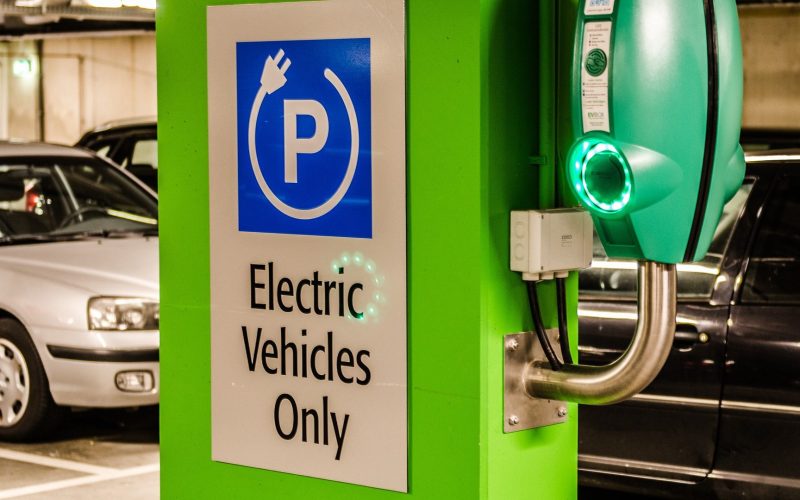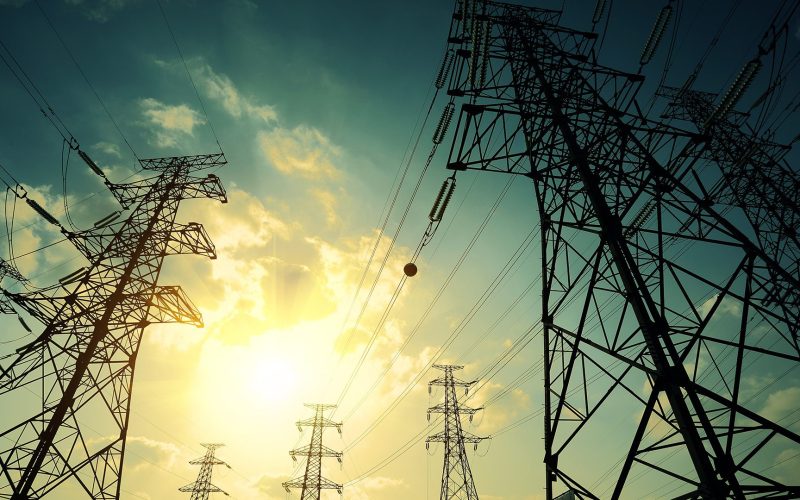THE VOICE FOR THE ENERGY CONSUMER

CEA’s Chris Ventura sat down with Jayson Luber to discuss EV mandates and Consumer Energy Alliance’s latest report, Freedom to Fuel: Consumer Choice in the Automotive Marketplace. Listen here –.

Louisiana has long, successful record of assuming regulatory oversight Carbon capture essential to meeting environmental goals, preserving vital Louisiana industries BATON ROUGE – Consumer Energy Alliance, the leading energy and.

CEA President, David Holt, joined the TD Ameritrade Network to discuss CEA’s latest report, Freedom to Fuel: Consumer Choice in the Automotive Marketplace, and the pitfalls that may occur if.

CEA President David Holt joined KTRH to talk about record breaking electricity usage and whether consumers can count on the reliability of Texas’s electric grid to carry on through the.

• CEA applauds N.C. General Assembly for passing House Bill 130, pre-empting municipalities from banning energy sources • If signed into law, N.C. would be 25th state to defend consumer.

As activist groups attempt to limit consumer choice by banning appliances and preventing the construction of renewable power generation, transmission, and other critical energy infrastructure, Consumer Energy Alliance remains dedicated.

As America’s allies continue to look to her for energy to increase access to natural gas, Mike Butler looks at the possibilities of Philadelphia contributing to ensuring global stability by.

Government EV Directives Ignore – Sometimes Intentionally – Serious Issues That Will Hurt EV Acceptance WASHINGTON, D.C. – Consumer Energy Alliance (CEA), the leading energy and environmental advocate for families.